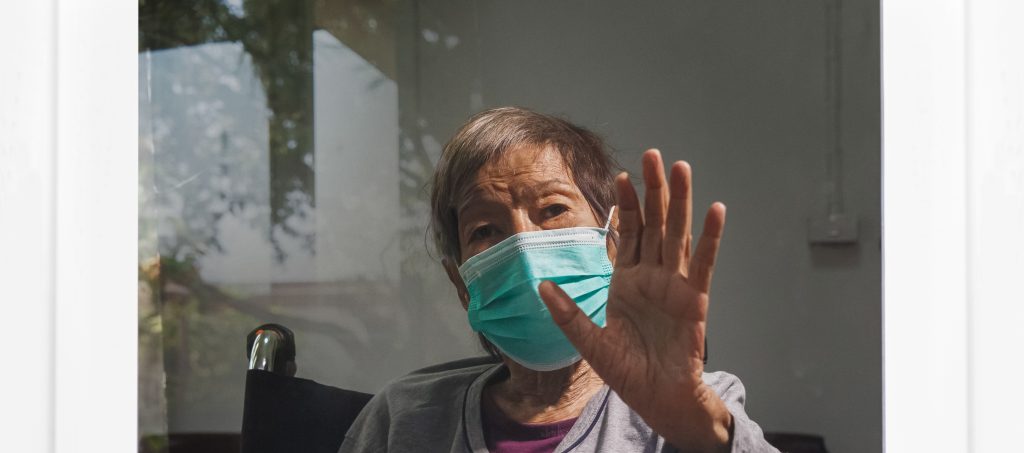
- ARAB NEWS
- 18 Apr 2024

As nursing and care facilities across Japan battle to stop the spread of COVID-19 among the elderly, a nursing home in the northernmost prefecture of Hokkaido has revealed that it sees around 70 percent of residents contracting the virus.
At the care home, Barato Acacia Heights, in Sapporo, the capital of Hokkaido, the cumulative number of residents who have been confirmed with the virus stood at 71 as of Saturday, of whom 15 have died.
According to sources including the facility operator, Sapporo Keiyukai, the first infection among residents was confirmed on April 26. By then, several residents had fevers and other symptoms, prompting the Sapporo public health center to declare that a cluster of infections had occurred at the facility.
However, the facility faced delays in finding hospitals that would accept the infected residents. The processes undertaken to transport the infected residents to hospitals started on May 12, which is more than two weeks after the facility declared it’s first infection.
"If the transport had begun a little earlier, some people would not have had to die," an official of Sapporo Keiyukai said. It is believed that the condition of some infected residents became serious while they were waiting for hospitalization.
The nursing home sought to isolate infected residents from those who did not have the virus by locating the former group on the first floor and the latter on the second floor.
Concerns over infection risks led to several staff members resigning, forcing the remaining personnel to take care of both groups.
According to the staff, a resident with dementia was found roaming between the first and second floors.
One of the main factors causing mass infections at elderly facilities is the difficulty in creating confined spaces for those infected and the prevention of crowded areas with people in close contact to one another. The facilities are struggling to evade the three key conditions that experts say increase the risk of contracting and spreading the virus, as each room is shared and currently contains several residents.
At the Sapporo facility, the virus is also believed to have been transmitted through staff members, as some residents need caregivers to help them eat and use the toilet, which requires close contact.
In addition, many residents had underlying conditions, which resulted in an increase in the number of death asthose infected saw their conditions become more severe.
Another reason the virus spread rapidly is due to the delays in transporting residents who had already tested positive for the virus.
The Japanese government has instructed such facilities for to hospitalize all infected elderly people in principle. A scarcity of medical institutions capable of accepting coronavirus patients in Sapporo, however, held up the facility's efforts to do this.
"There was a severe shortage of beds for inpatients at medical institutions in the city between late April and early May, so the Sapporo nursing home had difficulties making necessary adjustments for hospitalizing infected residents," Sapporo Mayor Katsuhiro Akimoto later explained at a press conference.
The difficulty of transporting infected residents to medical institutions also worsened the situation.
"Elderly people who are suddenly moved from the familiar environment of care facilities to unfamiliar medical institutions could become confused and turn violent," Health Sciences University of Hokkaido professor Yoko Tsukamoto, who has visited the facility, said. "There is a need to station infectious disease experts permanently at elderly care facilities."
JIJI Press